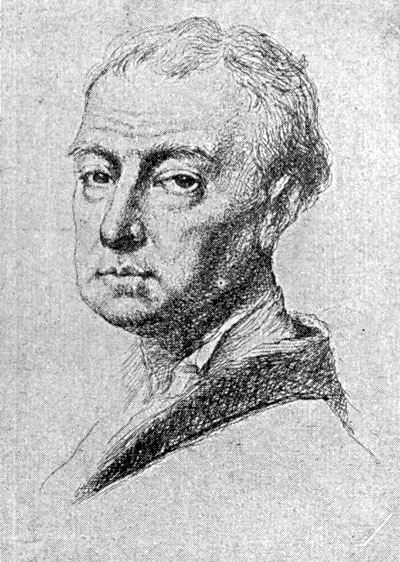“Tired of myself longing for what I have not”
Fuente: Clarissa, or, the History of a Young Lady
Samuel Richardson fue un escritor inglés. Sus novelas más conocidas son Pamela o la virtud recompensada, novela epistolar sentimental de final feliz, que generó toda una moda; Clarisa, la historia de una joven dama y Sir Charles Grandison.
Richardson había trabajado como editor e impresor durante la mayor parte de su vida cuando, a la edad de cincuenta y un años, escribió su primera novela e inmediatamente se convirtió en el escritor más popular y admirado de su tiempo.
Wikipedia

“Tired of myself longing for what I have not”
Fuente: Clarissa, or, the History of a Young Lady
Vol. 4, letter 17.
Sir Charles Grandison (1753–1754)
“The person who will bear much shall have much to bear, all the world through.”
Vol. 1, p. 44; Letter 10.
Clarissa (1747–1748)
“I know not my own heart if it be not absolutely free.”
Fuente: Clarissa, or, the History of a Young Lady
Vol. 3, letter 32.
Sir Charles Grandison (1753–1754)
Vol. 6, letter 45.
Sir Charles Grandison (1753–1754)
“Nothing can be more wounding to a spirit not ungenerous, than a generous forgiveness.”
Vol. 2, p. 478; Letter 135.
Clarissa (1747–1748)
Vol. 1, letter 36.
Sir Charles Grandison (1753–1754)
“Vast is the field of Science … the more a man knows, the more he will find he has to know.”
Vol. 1, letter 11.
Sir Charles Grandison (1753–1754)
“O! what a Godlike Power is that of doing Good! — I envy the Rich and the Great for nothing else!”
Page 312
Pamela (1740)
“The pen is almost as pretty an implement in a woman's fingers, as a needle.”
Page 120.
The Correspondence of Samuel Richardson with Lady Bradshaigh (1804)
“Love gratified, is love satisfied — and love satisfied, is indifference begun.”
Vol. 2, p. 452; Letter 126.
Clarissa (1747–1748)
“My Master said, on another Occasion, that those who doubt most, always erred least.”
Page 332
Pamela (1740)
Vol. 6, letter 46.
Sir Charles Grandison (1753–1754)
Vol. 1, letter 37.
Sir Charles Grandison (1753–1754)
“That dangerous but too commonly received notion, that a reformed rake makes the best husband.”
Vol. 1, p. 5; Preface.
Clarissa (1747–1748)
“The pleasures of the mighty are obtained by the tears of the poor.”
Vol. 1, p. 286; Letter 43.
Clarissa (1747–1748)
“Those who have least to do are generally the most busy people in the world.”
Vol. 2, letter 3.
Sir Charles Grandison (1753–1754)